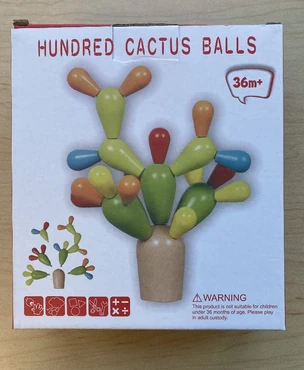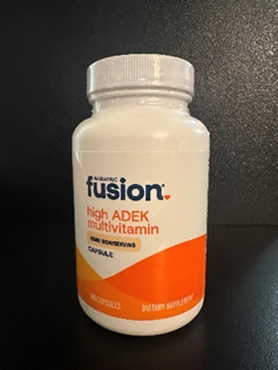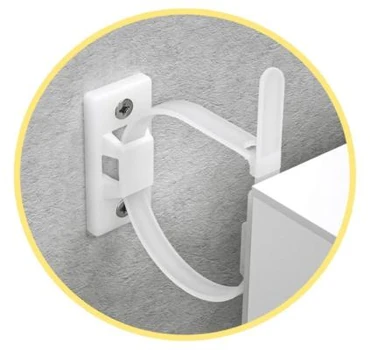An entire generation has become addicted to the platform, lawsuit charges
Is TikTok a clear and present danger to our children? A coalition of state attorneys general say it is, and they've giled suit alleging that the popular social media platformexploits and harms young users and deceives the public aboutits dangers.
Our investigation has revealed that TikTok cultivates social media addictiontoboost corporate profits. TikTok intentionally targets children because they know kids do not yet have the defenses or capacity to create healthy boundaries around addictive content,said California Attorney General Rob Bonta.
When we look at the youth mental health crisis and the revenue machine TikTok has created, fueled bythe time and attention of our young people, its devastatingly obvious: Our children and teens never stood a chance against these social media behemoths. TikTok must be held accountable forthe harms it created intaking away the timeand childhoodsof American children.
Use of TikTok is pervasive among young people in the United States.In 2023, 63% of all Americans aged13 to 17who responded to a Pew Research survey reported using TikTok, and most teenagers in the U.S. were using TikTok daily; 17% of American teens said that they were on TikTok almost constantly.
Bonta and New York Attorney General Letitia James are the leaders of a bipartisan coalition of 14attorneys general. Their lawsuits seeksignificant penalties, as well as injunctive and monetary relief, to address TikToks alleged misconduct.
TikToks Chinese parent company ByteDance is battling a U.S. law that could ban the app in the United States.
Manipulative features, beauty filters
TikToks alleged misconduct includes:
Deploying a content-recommendation system designed to be addictive in order to maximize the time young users spend on the platform.TikToks algorithmic features are designed to keep minors on the platform as long as possible and as often as possible, despite the dangers of compulsive use.
Using manipulative features to addict young users and maximize their time on its platform.These features exploit children's psychological vulnerabilities and are deployed to keep kids and teens on the platform for longer.
BEAUTY FILTERS
Beauty filters and effects are deeply harmful to young users;they foster unrealistic beauty standards, harm self-esteem, and can induce negative body image issues and related physical and mental disorders. TikTok knows these filters and effects significantly increase platform use, particularly among young users, and retains these features despite their harms.
AUTOPLAY
To manipulate users into compulsively spending more time on the platform, TikTok does not allow them to disable Autoplay. TikTok uses Autoplay to continuously play new and temporary posts;this exploits young users novelty-seeking minds and eliminates their autonomy to choose to stop.
ENDLESS/INFINITE SCROLL
Endless scrolling compels young users to spend more time on the platform by making it difficult to disengage. It strips away a natural stopping point or opportunity to turn to a new activity and distorts users perception of time.
TIKTOK STORIES AND TIKTOK LIVE
Content on these features is only available temporarilyusers must tune in immediately or lose the opportunity to interact. These time-sensitive features are designed to encourage young users to compulsively return to the platform by exploitingtheiruniquely sensitive fear of missing out.
PUSH NOTIFICATIONS
Push notifications unfairly entice young users by overloading and overwhelming them to return to the platform. Some pushes are designed to keep young users from quitting the platform altogether, and others encourage young users to open the application. TikTok has even used fake notifications to manipulate users into opening its platform.
LIKES AND COMMENTS
At key development states it can be overwhelmingly important for children and teens to be accepted by their peers. TikToks design and display of highlighting likes as a form of social validation has an especially powerful effect on young users and can neurologically alter teenagers perception of online posts, in addition to driving compulsive use.
Engaging in a scheme that deceptively markets the platform and platform features as promoting young users safety and well-being.TikTok employs a coordinated array of features, tools, content moderation efforts, community guidelines, and public assurances intended to promote a public narrative that the platform is appropriate and safe for young users and that TikTok prioritizes user safety. In truth, such features and efforts do not work as advertised, the harmful effects of the platform are far greater than acknowledged, and TikTok does not prioritize safety over profit.
Exploiting childrens data without parental notice or consent.Despite knowing certain users are under 13 years old and despite the platform being directed towardchildren, TikTok has collected and used personal information from children's accounts without parental consent or notice. Doing so is both unfair and fails to satisfy TikToks obligations under federal law.
Attorneysgeneral from the following statesjoin Attorney General Bonta today in filing separate enforcement actions against TikTok to hold it accountable for its role in the children's mental health crisis: New York, Illinois, Kentucky, Louisiana, Massachusetts, Mississippi, North Carolina, New Jersey, Oregon, South Carolina, Vermont, Washington, and the District of Columbia. As of today, 23attorneysgeneral have filed actions against TikTok for its conduct toward youth, including existing actions filed by theattorneysgeneral of Utah, Nevada, Indiana, New Hampshire, Nebraska, Arkansas, Iowa, Kansas, and Texas.
Photo Credit: Consumer Affairs News Department Images
Posted: 2024-10-08 18:36:50
























